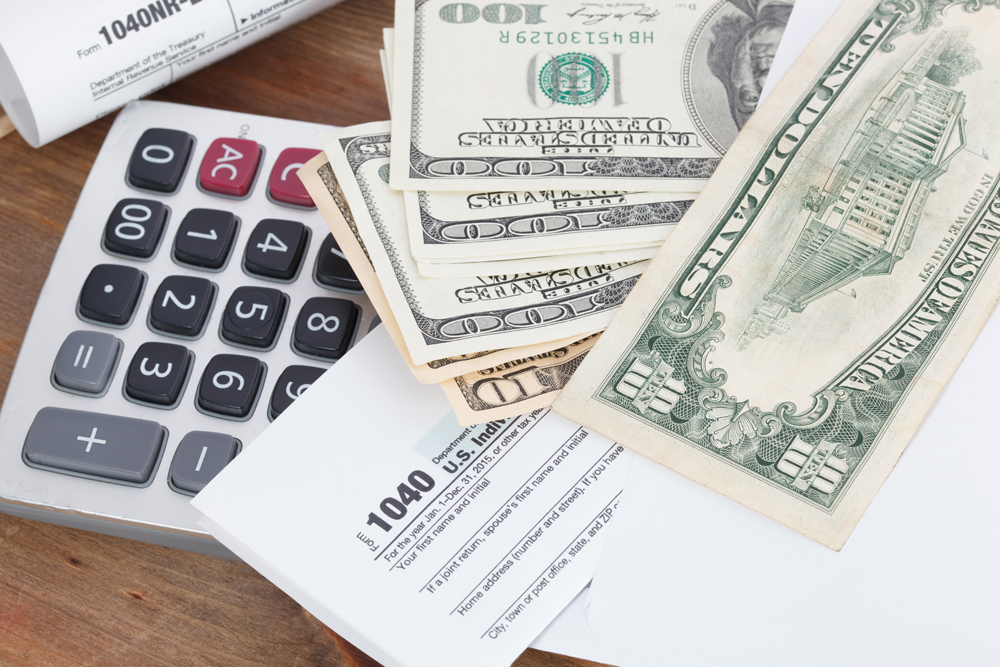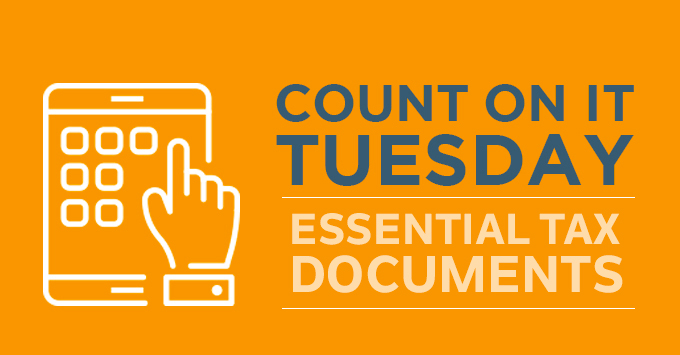
How to Avoid a Tax Audit: 5 Tips for Small Business Owners
The Internal Revenue Service has gotten much leaner lately. The Center on Budget and Policy Priorities estimates that funding for enforcement is 20% below where it was in 2010.
But if you think hard times at the IRS mean easy times for tax filers and fewer tax audits, think again. Here are five ways you can help reduce your chance of getting the dreaded letter of audit.
Check your numbers.
When someone issues you a tax form that reports income, such as a 1099, they also report that information to the IRS. The IRS will expect the numbers on your tax return to match what they’ve received from third parties. If there’s a discrepancy, the IRS will issue you a notice or could audit your return.
Your tax return can also attract unwanted attention if the numbers simply don’t add up. Mistakes are easy to make, so double-check any information you put on your return, and also check your math. Consider having an accountant prepare your return or use tax preparation software that will do the math for you.
Keep good records and report income and expenses accurately.
You’ll minimize your risk of an audit if you keep all your business income and expenses in a business bank account and retain your business expense receipts. Not only will this make it easier to prepare your tax return, you’ll have what you need to support your return if you ever were audited.
On the other hand, you increase your audit risk when you try to hide income or overstate your expenses. And while it’s fine to round numbers to the nearest dollar, rounding to tens or hundreds can give the IRS the impression that you’re just making up numbers.
Don’t pay overly high salaries to employees who are shareholders.
If you have a C corporation, paying your executives a high salary can be a way to minimize corporate profits and therefore pay lower taxes. For this reason, unusually high salaries may open your tax return to scrutiny. Know what a reasonable salary range is for your industry, and don’t exceed it.
Be careful of independent contractors.
Businesses are more likely to get audited if they have a high ratio of independent contractors to employees, because using independent contractors can be a way to avoid paying payroll taxes. The IRS has clear guidelines on who can be an independent contractor and who must be classified as an employee. Make sure you know and follow the rules, and when in doubt, get small business advice from a tax lawyer or accountant.
Pay your estimated small business taxes.
If you expect to owe at least $500 in taxes for your business entity at the end of the year, you should be making quarterly estimated tax payments. Failing to make these payments can result in penalties and can put you at greater risk for an audit.
If you keep good records and are honest on your tax return, you don’t need to fear a tax audit. But if you’re unsure of the income you should report and the deductions you’re allowed to take, it’s always a good idea to seek tax advice from an accountant.
Follow these several steps for your small-business to minimize your risks and get through an audit relatively unscathed. Should you have tax questions or need tax advice, you can consult with Crowley Accounting and Consulting Services.



